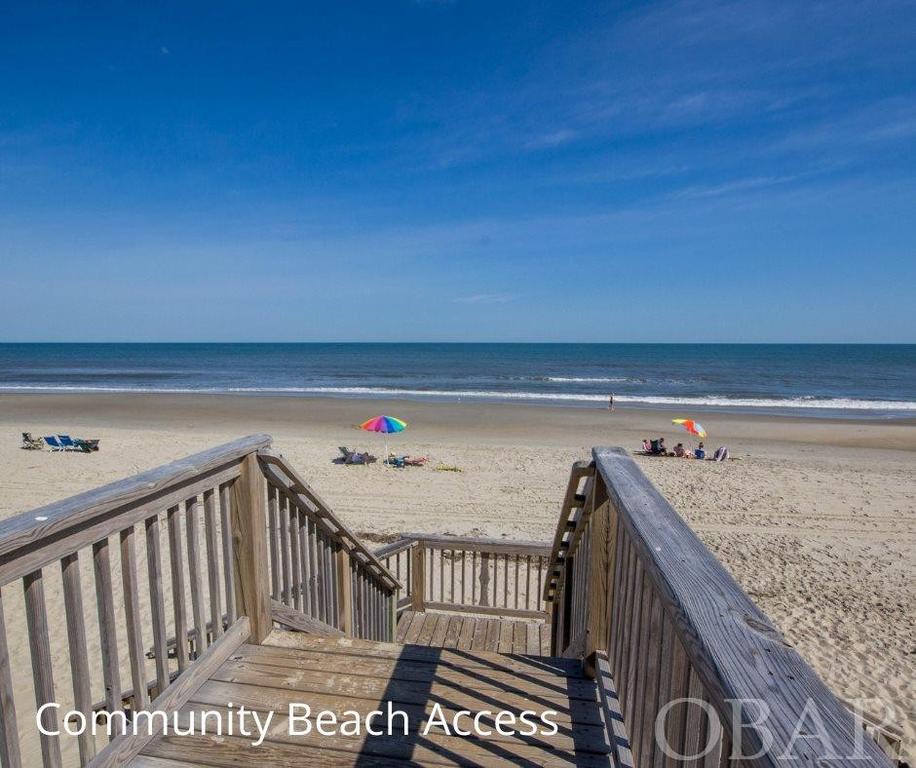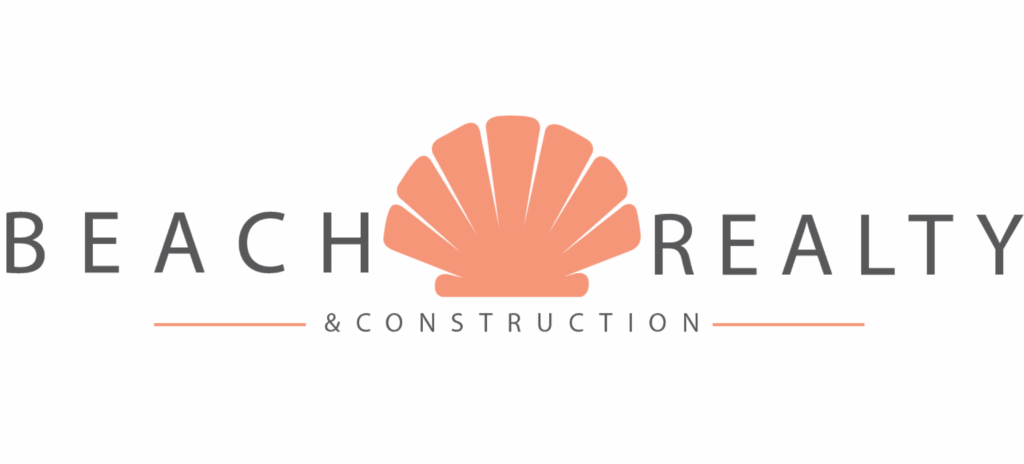 History repeats itself. A saying I’m sure you’ve heard and said dozens of times. I might not yet be a half of a century old, but I’m old enough, and have been in this business long enough (27 years) to recognize a similar pattern. Let’s revisit the timeline of the Outer Banks real estate market from the year 2000.
History repeats itself. A saying I’m sure you’ve heard and said dozens of times. I might not yet be a half of a century old, but I’m old enough, and have been in this business long enough (27 years) to recognize a similar pattern. Let’s revisit the timeline of the Outer Banks real estate market from the year 2000.
Year/Sold Units Sold Average Price Sold
2000 n/a* $275,000 *I don’t have access to the # of sales that far back
2005 2104 $555,973
2008 1045 $427,718
2011 1333 $370,569
2014 1611 $370,351
2017 1995 $385,774
2019 1966 $400,592
2020 2614 $520,009
2021 2889 $668,994
2022 2096 $770,901
2023 1446 $746,351
Looking at the raw data above for single-family home sales, here’s what we see:
- Between 2000 and 2005, there was a building boom and a huge spike in demand due to the subprime loan accessibility.
- 2005 was the peak of that bull cycle – 2006 slowed, 2007 started looking quite ominous.
- 2008, there was a 50% drop in buyer demand or the number of homes sold.
- 2011 – 2014 was the lowest point, with a 32% overall drop in pricing.
- In the 8 years from 2011 to 2019, pricing stayed flat, only going up 5% overall.
- By 2019, buyer demand came within 7% of the peak number of sales in 2005.
- Right on schedule, 20 years from when the boom started in 2000, a new cycle started.
- Buyer demand shot up, and pricing came back to just under the 2005 peak.
- Notice now that in 2023, the first step to a declining market, just like in 2008, is a drop in buyer demand. An exact replica of a 50% drop in home sales from the peak in 2021.
- This time, the 2022 peak pricing was 39% higher than the peak pricing in 2005.
- If the market drops at 35%, pricing still hovers over $500,000.
Now, I know that is a lot to unpack. All of this data is telling me that the drop in home sales is a clear indication that we have reached the peak and are on the way back down and soon. The last peak was in 2005, and the crash is attributed to 2008. That 32% decline in pricing didn’t happen overnight. It was spread out over a few years.
So, what does all of this tell us?
- First, based on the last cycle, even after the crash, the average price still never went below $300,000.
- If the same holds true, pricing will return to $500,000 after this cycle, but you’ll never buy beach homes for $370,000 again.
- I expect to start seeing a decline in pricing by the end of this year. It will be subtle at first but will pick up over the next year and the year after.
- Unlike the mortgage crisis last time, this cycle will be caused by UNAFFORDABILITY.
- Most importantly, the homes in this cycle are older, and many are not updated (many are over 20 years old). The condition will outweigh any other feature once the inventory spikes due to cost and inconvenience of remodeling out of state. See my previous blog about insurance requirements.
Let’s talk about unaffordability for a minute. This is not just an interest rate issue. In fact, even if interest rates come down to 5% again, it will only create a small impact on the overall cost of owning a beach home.
Consider this:
- Rising insurance costs. You can read the article in my newsletter about the recent rate increase request. While they have not historically gotten what they ask for, they’ve always gotten something. It’s already too expensive.
- Mortgage debt to income is stretched to 50% on conventional loans and 48% on Jumbo loans to qualify. That just means qualify. How sustainable is a 50% DTI long term?
- Car insurance is seeing the fastest rise it’s ever experienced, with an average 22% increase year over year.
- Utilities are rising.
- Construction/remodeling costs are the highest on record at over $300/sq ft.
- Rental occupancy is down 10%. While the rates are still elevated from the COVID years, that will quickly change if occupancy stays down.
- Real estate taxes are rising. Not so much here on the Outer Banks, but on your primary home in other states.
So, does this mean I’m saying it’s not a good time to buy? Not at all! It’s just not a good time for EVERYONE to buy. How so?
- If you are a LONG TERM investor, you will be fine. Even those who bought in 2005 at the peak made money in 2021 or 2022.
- Don’t buy anything that the rental income doesn’t at least cover the mortgage. Lowers your risk.
- If your DTI is at 40% or lower, your risk is very low and manageable.
- Real estate is a tangible asset. While the markets do fluctuate, they also never in history have gone to zero or even to the last cycle’s low.
However, if you are a current homeowner and your retirement plan includes the proceeds of this home, you may need to really consider how long you can/want to keep it. If you aren’t in to see this next cycle through, you have a prime time this spring to take advantage before what I believe is the end of this bull market.
Factor in the waning rental occupancy, rising costs, and the boomers knowing it’s time to cash out, it appears we will see an influx of inventory this spring. That will be the one catalyst to start a more rapid decline in pricing.
Please know that it’s never my intention to be a downer; I’m just a realist. You can’t avoid what you don’t see coming. It’s coming. I was taught that you can’t make the best decisions without looking at all the information. Please reach out if I can help you strategize your move in 2024.




